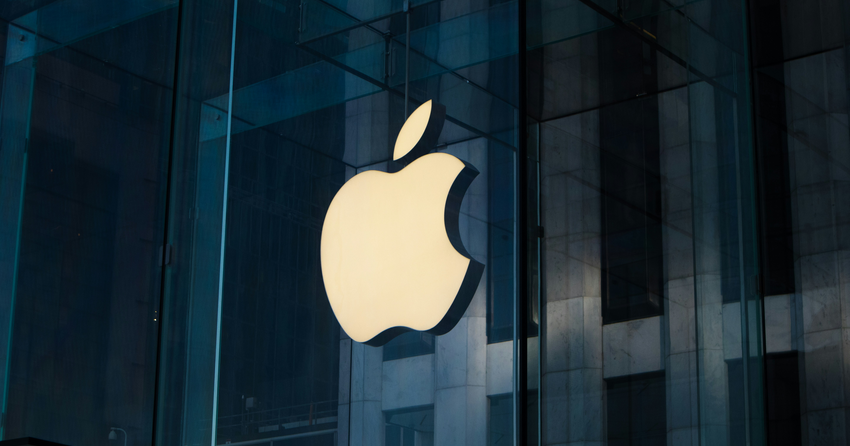
Google To Pay $100M To Settle Long-Running Ads Lawsuit
Google has agreed to pay $100 million to settle a class-action lawsuit over its Google Ads platform, formerly Google AdWords. The case, initially filed in March 2011, accused the tech giant of charging advertisers for clicks and impressions outside their targeted geographic locations and failing to deliver promised ad discounts.
The proposed settlement was filed in a California court on March 27 and awaits the judge’s approval. If approved, advertisers may seek up to 33% (around $33 million) in reimbursements, in addition to $4.2 million for litigation expenses.
The class action covers advertisers who used the program between January 1, 2004, and December 13, 2012. The plaintiffs claimed Google broke California’s Unfair Competition law by misleading them about where ads would be shown, leading to wasted ad spend and underperformance. Additionally, advertisers alleged Google manipulated its Smart Pricing formula to reduce discounts, resulting in higher advertising costs.
According to court documents, the case involved “extensive” fact discovery, with 910,000 pages of documents and “multiple terabytes” of Google click data. The parties participated in six mediation sessions with four different mediators. These events, among other factors, contributed to the case taking 14 years to resolve.
Despite agreeing to pay the settlement, Google hasn’t admitted any wrongdoing related to its Google Ads practices: “This case was about ad product features we changed over a decade ago, and we’re pleased it’s resolved,” spokesman Jose Castaneda said in an email to Reuters.
The resolution comes at a time when Google faces growing legal scrutiny. In a separate development, Google is battling an antitrust lawsuit filed by the US Department of Justice (DOJ) and 17 states. The company is accused of monopolizing the digital advertising market and having unfair dominance over the competition.
In another antitrust case related to Google’s search engine dominance, a US Federal court ruled that Google engaged in anti-competitive practices to maintain its market lead.














